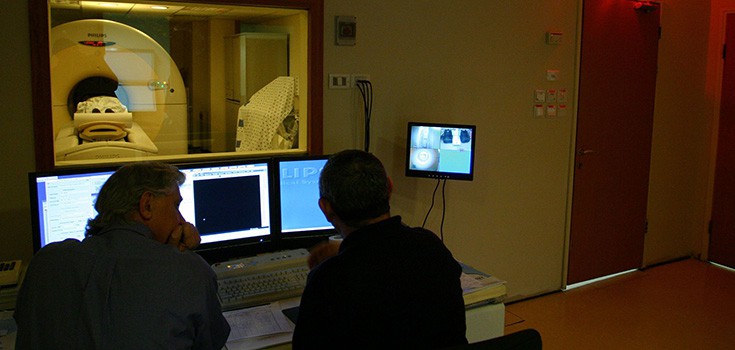6 Unnecessary Health Tests

Typically, if you are interested in natural healing and preventative health, you aren’t the type to make an appointment with an M.D. for every little symptom. You probably aren’t asking your doctor for more health tests. But, other people are.
With so many medical information sites online, people are perhaps overly-informed when it comes to different diseases, conditions, and illnesses, contacting their doctor with fear in their voice, “I think I might have______. Can we run a test for that?”
Regardless of who you are or what your personal health philosophy is, it’s good to have some sense of what medical diagnostics are useful and which are totally unnecessary and overused. Here are five especially unnecessary health tests that you should know about.
6 Unnecessary Health Tests
- DEXA – This test is called dual energy X-ray absorptiometry and is used to detect bone strength and bone density, potentially providing people with a forewarning of their chances of developing osteoporosis. The problem with the test, however, is that measurements can say one thing one day and another the next. Also, two scans performed back to back on different machines will deliver different results. In other words, the results are unreliable. Also, it only measures bone mineral density, which isn’t the total picture when it comes to bone strength.
- Full Body CT Scans – One of many health tests full of radiation, you could pay several hundred or even a thousand bucks to have a CT scan, looking for any abnormalities. This one is a warning to those folks who just want to be on the safe side: don’t do it. Getting a full body CT scan is a little like paying a mechanic to take apart your engine to make sure nothing is wrong when your car is running smoothly. It’s unnecessary overkill. This unnecessary CT scan radiation has also been shown to triple brain tumor risk in children.
- PSA Testing – This is a blood test used to detect a protein produced by the prostate gland. High levels of this protein (prostate-specific antigen) can indicate prostate cancer. But, the association isn’t always right and the cancer isn’t always deadly. “The PSA test usually leads to overdiagnosis—biopsies and treatment in which the side effects are impotence and incontinence.”
- Home Menopause Testing – This test, which can be purchased at some drug stores, is said to tell a woman if she is going through her “life change.” But, like many other tests on this list, it’s unreliable. Particularly if you are using it to determine whether or not you still need birth control, it might be worth a visit to the doctor.
- Home Alzheimer’s Test – A scratch-and-sniff test for Alzheimer’s? Yes, really. Because a loss of smell has been associated with Alzheimer’s disease, this test says it can indicate the disease by testing your sniffer. Unfortunately, the link between smelling and Alzheimer’s is rare and is also indicative of other neurological conditions—or nothing more than “a smelling problem.”
- Breast Cancer Screenings – Among the most overused health tests, mammograms are unnecessarily pushed on women, only to cause harm. One study estimated that between 1,169 and 1,148 women of 2,500 tested were over-diagnosed and received unnecessary treatment. Even mainstream health officials are now admitting that breast cancer screening methods are not only ineffective, but are leading to improper diagnosis and unnecessary treatments at around 7,000 per year.
Additional Sources:

hiv testing.
At age 50, everyone, both male and female should have a baseline DXA scan. When follow-up tests are done on the same machine, then the results are reliable. The first indication that one has osteoporosis should never be a fragility fracture.